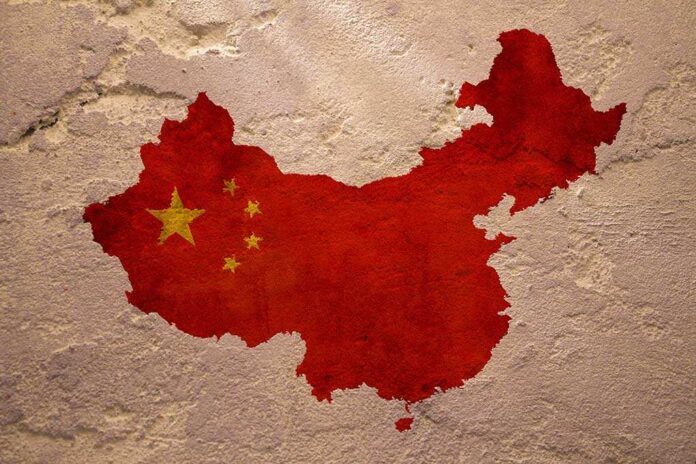
At a Glance
- AI technology deeply integrates into daily life, altering economic and social activities.
- The U.S.-China strategic competition is key to understanding AI’s significance.
- China targets to become the leading AI hub by 2030 with significant investment.
- Chinese firms bypass US export restrictions using cloud services like AWS.
- U.S. legislation aims to regulate remote access to advanced technologies.
Security Concerns Over Chinese Firms Accessing Advanced Technology and AI
Chinese firms leveraging advanced US technology and AI capabilities through AWS is stirring fears about intellectual property security. As AWS, a global leader in cloud computing, provides essential infrastructure and tools for rapid innovation, the ability of Chinese companies to access such advanced resources poses significant challenges amid heightened geopolitical tensions.
The integration of AI technology into daily life extends vast economic and social influence, potentially reshaping global market balances significantly. The strategic competition between the U.S. and China underscores AI’s importance, with China aiming to be the foremost AI powerhouse by 2030, bolstered by significant government investments.
Bypassing Export Restrictions
Chinese companies are bypassing US export restrictions on advanced AI technologies by using cloud services from US companies like AWS. Over the past two years, US regulations have tightened to prevent companies like Nvidia and AMD from selling high-performance AI chips to China. However, accessing these chips through cloud services does not infringe US regulations, which only govern the direct export or transfer of physical commodities, software, or technology.
A Reuters review found that at least 11 Chinese entities sought access to restricted US technologies via cloud services. In response, Congress introduced legislation in April to give the US Commerce Department authority to regulate remote access to US technology. The Commerce Department also proposed new rules requiring cloud services to verify users of large AI models and report any potentially malicious activities.
Chinese Surveillance and Self-Reliance
China’s extensive investment in data governance and AI reflects a drive for self-reliance, especially in its security and surveillance industry. Chinese leader Xi Jinping emphasized the need to prepare for worst-case scenarios. During the Security China exhibition in Beijing, the challenges of U.S.-China cooperation were highlighted, despite shared AI risks.
Notably, the Biden administration has imposed further limits on the sales of advanced semiconductors by American firms to China. These rules extend the restrictions from last October, aiming to curtail China’s advancements in supercomputing and AI. This move expectedly halts most advanced semiconductor shipments from the U.S. to Chinese data centers, necessitating special licenses for sales.
“The complexity and severity of national security problems faced by our country have increased dramatically,” said a readout of the meeting by the official Xinhua news agency. “We must be prepared for worst-case and extreme scenarios.”
Sources
The AI-Surveillance Symbiosis in China
Exclusive: US eyes curbs on China’s access to AI software behind apps like ChatGPT
Chinese firms bypass US export restrictions on AI chips using AWS cloud
Cooperation or competition? China’s security industry sees the US, not AI, as the bigger threat
U.S. Tightens China’s Access to Advanced Chips for Artificial Intelligence
The US must secure its supremacy against China in AI and cloud computing












